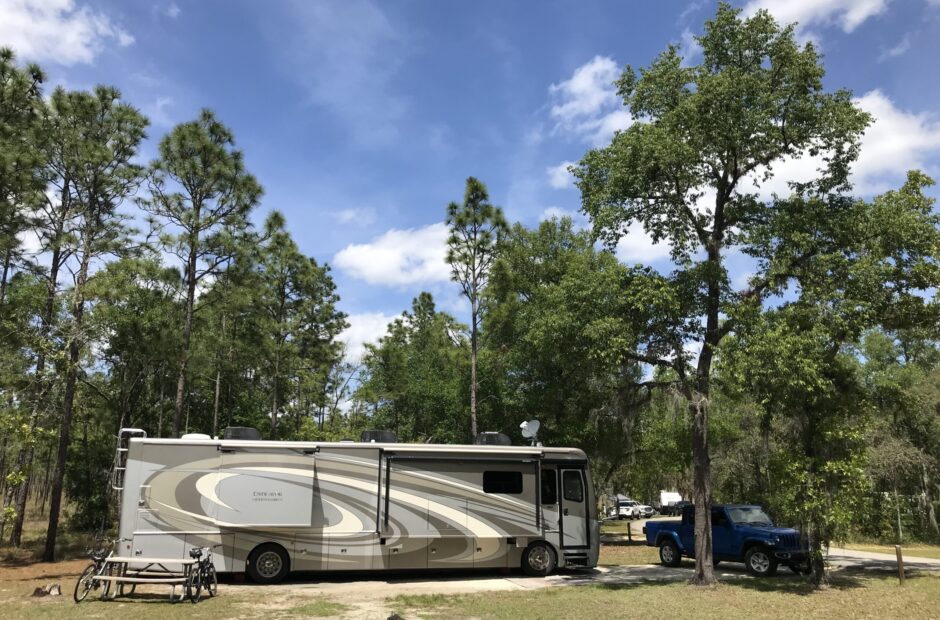Homolovi State Park, Winslow, Arizona
He who pursues righteousness and love finds life, righteousness and honor. ~ Proverbs 21:21
This will be a very short post.
Blaine went for a bike ride and walked around some rocks he found.
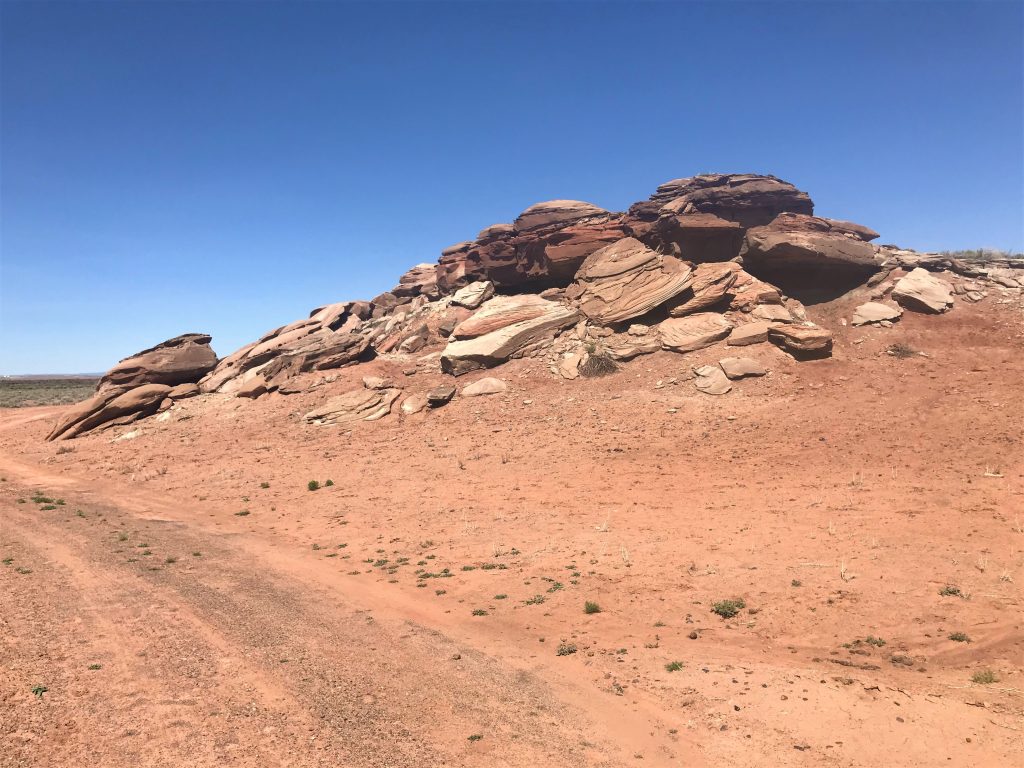
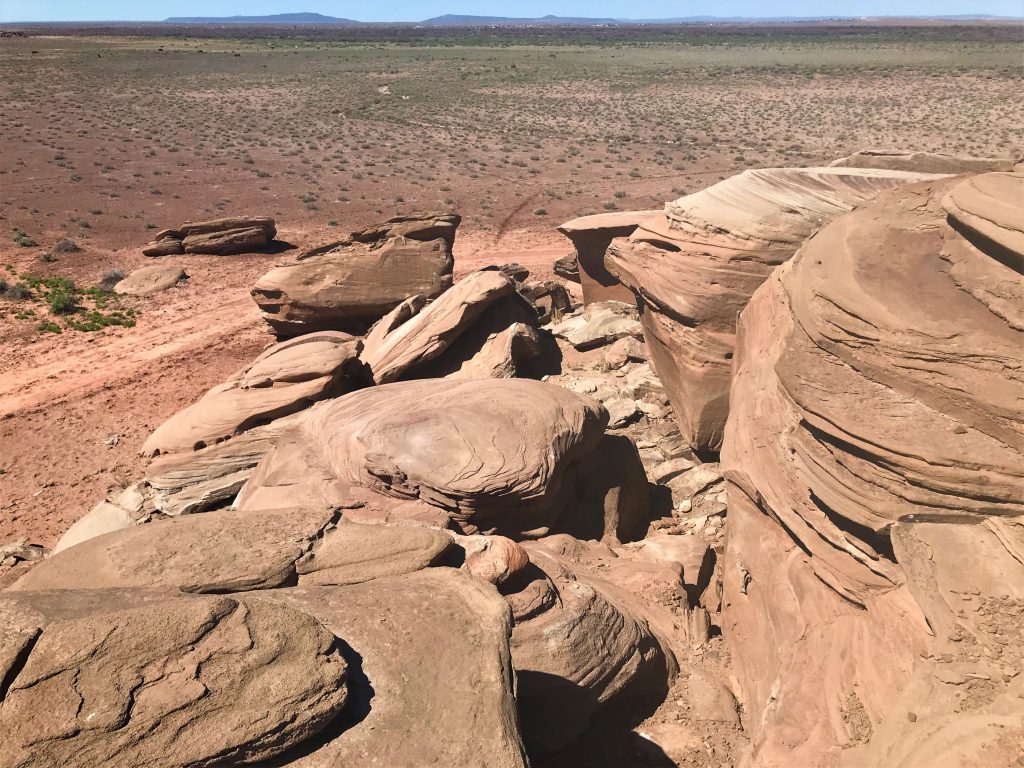
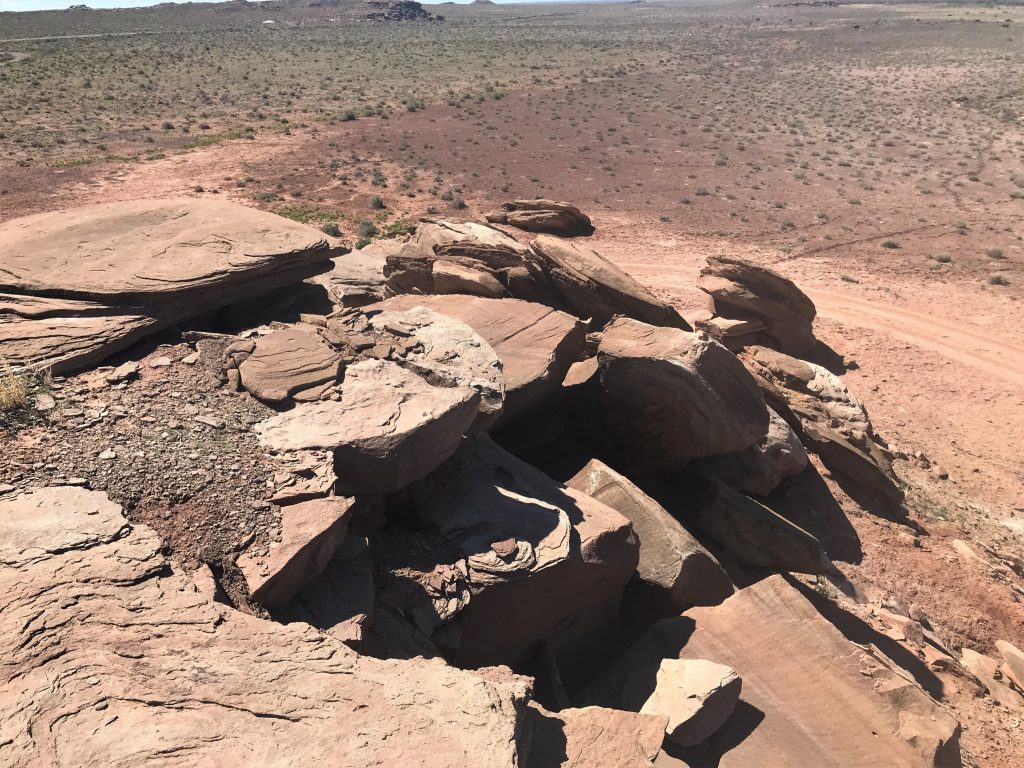
I stayed home, blogged and read and otherwise, chilled out. Oh. And I made stir-fry for dinner. Lots of veggies with some chicken added and flavored with a package of Italian dressing mix and chicken broth. Yum!! And then we took a short walk off a long pier . . . Kidding! We did take a short walk though, and have one picture to show for it.
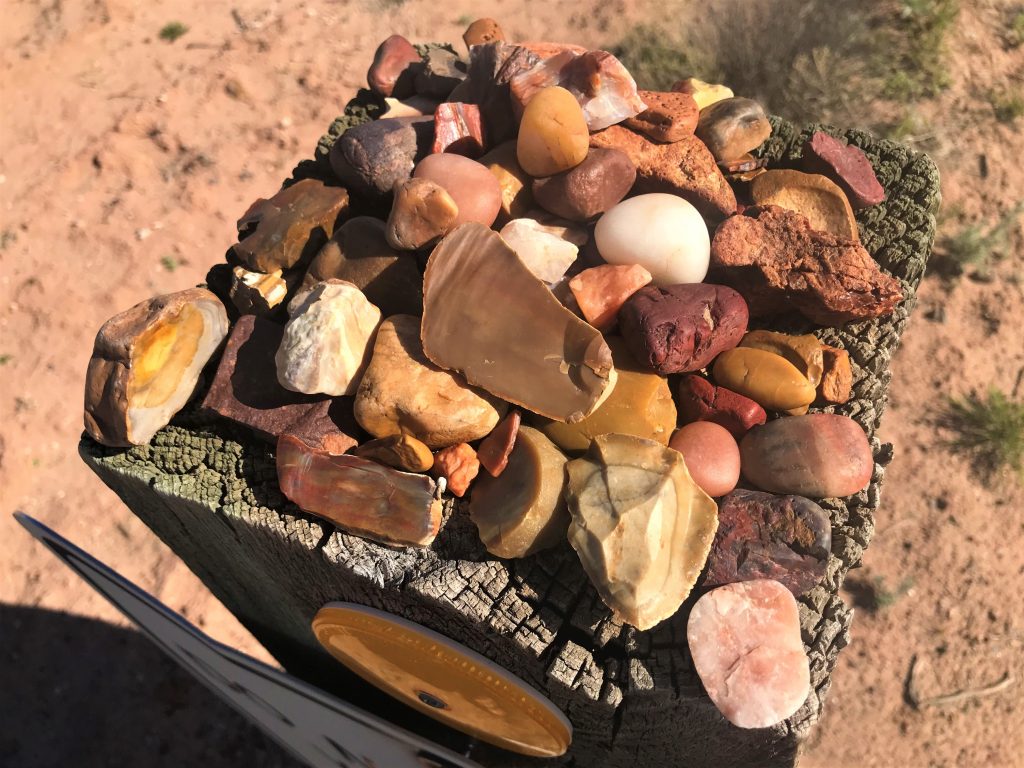
Ha! You thought that was all I was gonna share today, didn’t you? Well, with the benefit of time, I’ve come up with something else. You see, I’ve been going (beiteversoslowly) through John MacArthur’s book “Twelve Ordinary Men”. I’m near the end, and I’ve learned (or at least read about) nearly all of Jesus’ twelve apostles. Most recently, it was Simon the Zealot. Mr. MacArthur had a lot to say about Zealots. Me? What I already knew about Zealots was that they were . . . . well . . . . zealous. So going on the theory that most of you don’t know much about them either and they were an important political group in Jesus’ time , I’ve decided to share what MacArthur had to say about them.
The stuff in italics is from the book. The rest is my own summary or comments.
If you know your apostles, you know Simon as “the Zealot”. According to my Student Bible Dictionary, a zealot is “One who acts with great zeal or enthusiasm for a cause, often militantly (Mt 10:4). Zealot came to designate a member of a Jewish political group who tried to overthrow Roman oppression.” This ‘membership’ is probably what earned Simon his description in Scripture.
In Jesus’ day, the Zealots were a well-known and feared outlaw political sect. According to MacArthur, The historian, Josephus, described four basic parties among the Jews of that time. The Pharisees were fastidious about the Law; they were the religious fundamentalists of their time. The Sadducees were religious liberals; they denied the supernatural. They were also rich, aristocratic, and powerful. They were in charge of the temple. The Essenes are not mentioned in Scripture at all, but both Josephus and Philo describe them as ascetics and celibates who lived in the desert and devoted their lives to the study of the Law. The fourth group, the Zealots, were more politically minded than any group besides the Herodians. The Zealots hated the Romans, and their goal was to overthrow the Roman occupation. They advanced their agenda primarily through terrorism and surreptitious (that means secretive) violence.
Zealots were extremists. Like the Pharisees, they interpreted the law literally, but unlike the Pharisees who were willing to compromise for political reasons, the Zealots were militant, violent outlaws. They believed only God Himself had the right to rule over the Jews. And therefore, they believed they were doing God’s work by assassinating Roman soldiers, political leaders and anyone else who opposed them.
The Zealots were hoping for a Messiah who would lead them in overthrowing the Romans and restore the kingdom to Israel with its Solomonic glory. They were red-hot patriots, ready to die in an instant for what they believed in.
This is what Josephus wrote of the Zealots: Of the fourth sect of Jewish philosophy, Judas the Galilean was the author. These men agree in all other things with the Pharisaic notions; but they have an inviolable attachment to liberty, and say that God is to be their only Ruler and Lord. They also do not value dying any kinds of death, nor indeed do they heed the deaths of their relations and friends, nor can any such fear make them call any man lord. And since this immovable resolution of theirs is well known to a great many, I shall speak no further about that matter; nor am I afraid that anything I have said of them should be disbelieved, but rather fear, that what I have said is beneath the resolution they show when they undergo pain. And it was in Gessius Florus’s time that the nation began to grow and with the distemper, who was our procurator, and who occasioned the Jews to go wild with it by the abuse of his authority, and to make them revolt from the Romans.
The revolt Josephus describes “in Gessius Florus’s time” occurred in A.D.6, when a group of Zealots waged a violent rebellion against a Roman census tax. The Zealots’ leader and founder, also mentioned by Josephus, was Judas the Galilean, who is named in Acts 5:37.
The Zealots were convinced that paying tribute to a pagan king was an act of treason against God. That view found widespread acceptance among people who were already overburdened by Roman taxation. Judas the Galilean seized the opportunity, organized forces, and went on a rampage of murder, plunder, and destruction. From their headquarters in the Galilee region, Judas and his followers carried out guerilla-style warfare and terrorist acts against the Romans. Soon, however the Romans crushed the rebellion, killed Judas of Galilee, and crucified his sons.
The Zealot party merely went underground. Their acts of terror became more selective and more secretive. As noted in chapter 2, they formed a party of secret assassins called sicarii – ‘dagger-men” – because of the deadly, curved daggers they carried in the folds of their robes. They would sneak up behind Roman soldiers and politicians and stab them in the back, between the ribs, expertly piercing the heart.
They liked to burn Roman targets in Judea, then retreat to the remote areas of Galilee to hide. As Josephus described them in the quotation cited above, their willingness to suffer any kinds of death or endure any amount of pain – including the torture of their own kindred – was well known. The Romans might torture them and kill them, but they could not quench their passion.
Many historians believe that when the Romans sacked Jerusalem under Titus Vespasion in A.D 70, that terrible holocaust was largely precipitated by the Zealots. During the siege of Rome, after the Roman army had already surrounded the city and cut off supplies, the Zealots actually began killing fellow Jews who wanted to negotiate with Rome to end the siege. They allowed no one to surrender who wanted to save his or her own life. When Titus saw how hopeless the situation was, he destroyed the city, massacring thousands of its inhabitants and carried off the treasures of the temple. So the Zealots’ blind hatred of Rome and everything Roman ultimately provoked the destruction of their own city. The spirit of their movement was an insane, and ultimately self-destructive, fanaticism.
Josephus suggests that the name ‘Zealots’ was a misnomer, “as if they were zealous in good undertakings and were not rather zealous in the worst actions, and extravagant in them beyond the example of others.”
Simone was one of them. It is interesting that when Matthew and Mark list the Twelve, they list Simon just before Judas Iscariot. When Jesus sent the disciples out two by two in Mark 6:7, it is likely that Simon and Judas Iscariot were a team. They probably both originally followed Christ for similar political reasons. But somewhere along the line, Simon became a genuine believer and was transformed. Judas Iscariot never really believed.
When Jesus did not overthrow Rome, but instead talked of dying, some might have expected Simon to be the betrayer – a man of such deep passion, zeal, and political conviction that he would align himself with terrorists. But that was before He met Jesus.
MacArthur points out that as an apostle, Simon also had close contact with Matthew, the tax collector. Two men on extreme opposites of the political spectrum. So much so, that before he met Jesus, Simon would’ve gladly killed Matthew.
It’s so surprising for us to think that Jesus would choose a man like Simon to be not only one of his closest friends, but also entrust him with the great responsibility of spreading the Gospel after Jesus was gone. But this was exactly the type of man Jesus needed – a man of great passion, courage, loyalty and zeal. Jesus converted Simon’s passion and channeled it for Good and for God.
Early sources say that following the destruction of Jerusalem, Simon took the gospel to the British Isles, but there’s no reliable record of what happened to him, except that all accounts say that he was killed for preaching the Gospel.
Not so short now, is it? 😊
